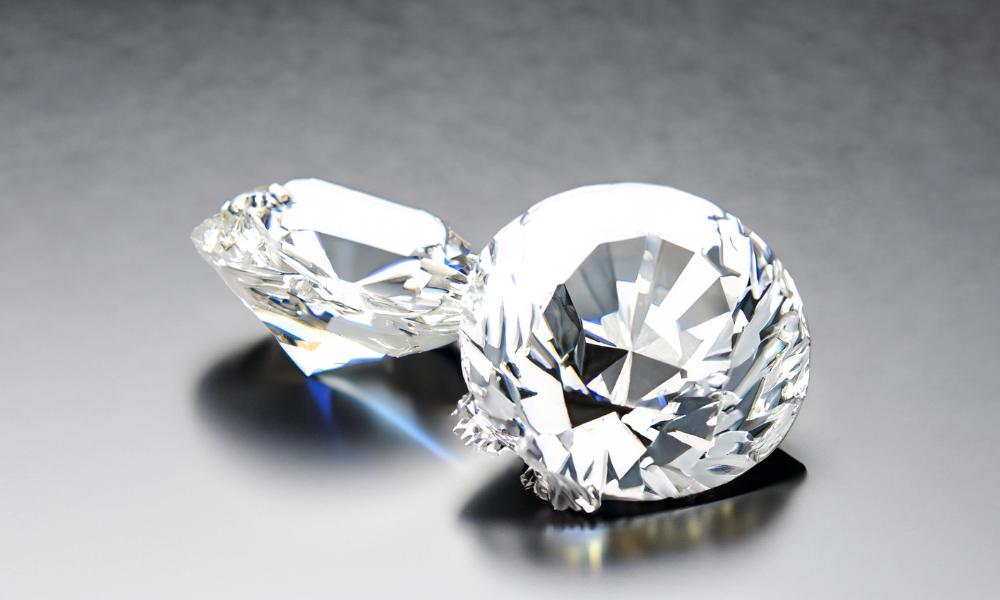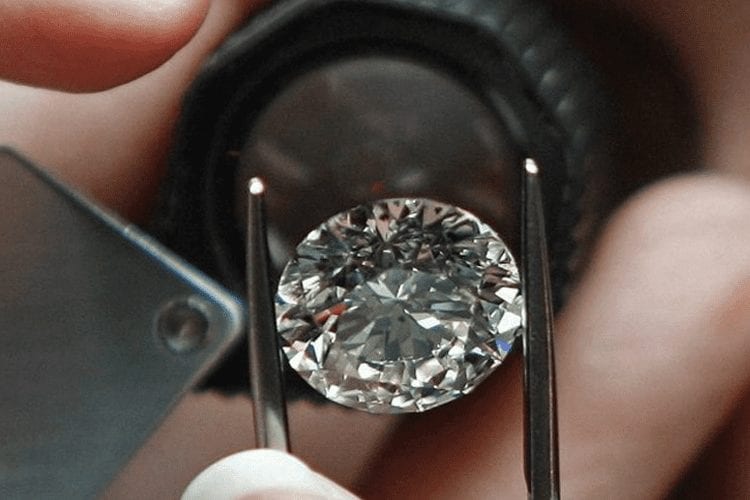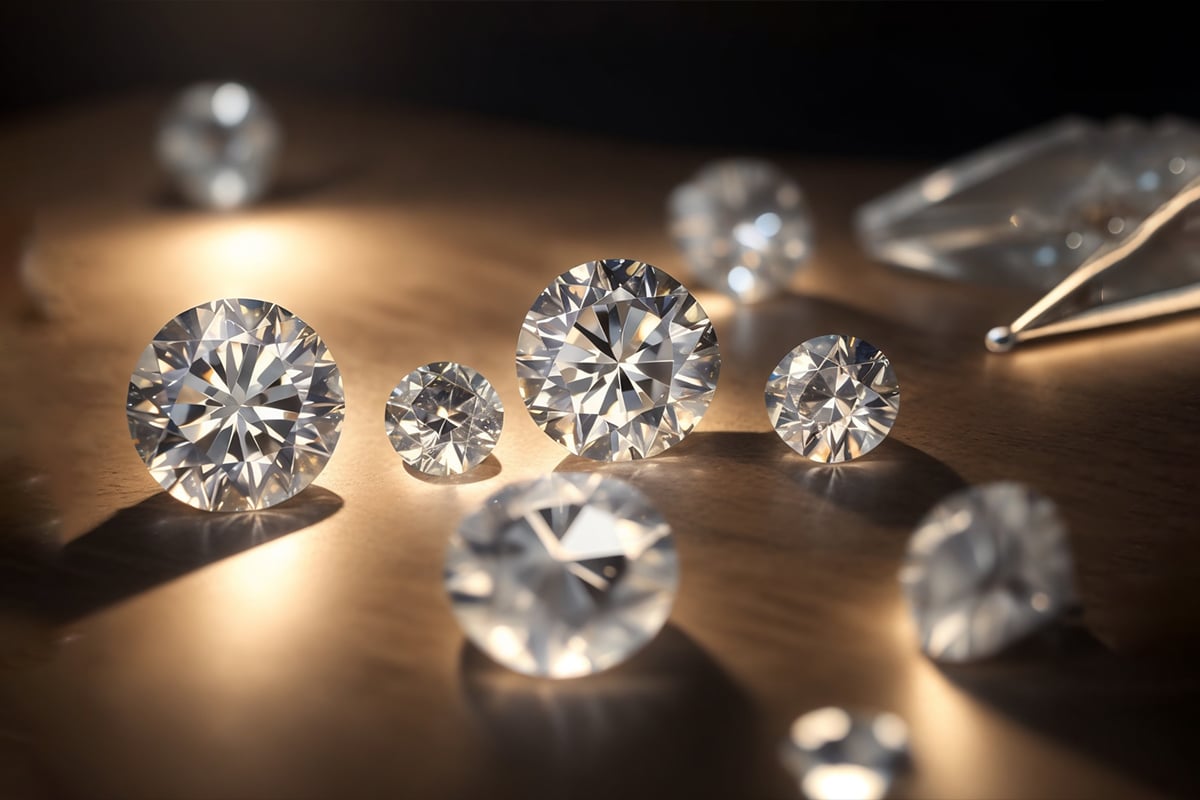When it comes to purchasing diamonds and other gemstones, understanding certification is crucial. Two of the most prominent gemological laboratories are the International Gemological Institute (IGI) and the Gemological Institute of America (GIA). Both organizations play a vital role in assessing and grading diamonds, but they differ in their grading criteria, methodologies, and reputations. This article will explore the key differences between IGI and GIA to help you make informed decisions when buying gemstones.
The Basics of IGI and GIA
IGI vs GIA are both respected names in gemology, providing grading and certification services for diamonds and other gemstones. Established in 1975, IGI focuses on providing accessible grading services for the global market. In contrast, GIA, founded in 1931, is often regarded as the industry standard for diamond grading and education. Understanding the background of these institutions can help you navigate the complexities of diamond certification.
Grading Standards and Criteria
One of the primary differences between IGI and GIA lies in their grading standards and criteria. GIA is known for its rigorous and comprehensive grading system, which uses the well-known “Four Cs”—carat weight, cut, color, and clarity. GIA employs strict protocols to ensure consistency and accuracy in their assessments. On the other hand, IGI also follows the Four Cs but may have slightly different grading interpretations, which can lead to variations in grades. Therefore, lab diamonds graded by GIA may hold more weight in the market compared to those graded by IGI.
Recognition and Reputation
When comparing IGI and GIA, reputation plays a significant role in consumer perception. GIA has built a strong reputation as a leader in the gemological field, known for its educational programs and commitment to ethical practices. Many jewelers and consumers trust GIA certifications above others. IGI, while reputable, does not hold the same level of prestige in the eyes of some industry professionals. Understanding these reputations can influence your choice when selecting a certified diamond.
Geographic Presence and Accessibility
Another factor to consider is the geographic presence and accessibility of IGI and GIA. IGI has a more extensive global network, with numerous laboratories around the world, making it more accessible for international customers. This can be particularly advantageous for those seeking certification outside of North America. GIA, while also having a global presence, is primarily recognized in the U.S. market. If you’re purchasing a diamond internationally, the accessibility of IGI may be a consideration in your decision.
Education and Resources
Both IGI and GIA offer educational resources and training for those interested in gemology. GIA is renowned for its comprehensive educational programs, which are considered among the best in the industry. They provide courses on diamond grading, gem identification, and more, helping students become certified gemologists. IGI also offers training programs but is generally seen as less comprehensive than GIA’s offerings. If education and training are important to you, GIA may be the more reliable choice.
Consumer Trust and Transparency
In today’s market, consumer trust is paramount, particularly in the diamond industry. GIA is often viewed as the more transparent of the two, with clear grading reports that are widely accepted by retailers and consumers alike. GIA’s rigorous testing and grading methods lend credibility to their certificates. While IGI provides detailed reports, some consumers may question the consistency of their grading. Understanding these perceptions can help you gauge which certification might be more trustworthy in your purchasing decisions.
The Impact on Value
The certification you choose can impact the resale value of your diamond. Generally, diamonds certified by GIA are perceived to have a higher resale value compared to those certified by IGI. This is largely due to GIA’s strong reputation and rigorous grading standards. If you are considering the long-term value of your investment, opting for a GIA-certified diamond may be a wise choice.
Conclusion: Choosing Between IGI and GIA
In summary, both IGI and GIA provide valuable certification services for diamonds and gemstones, but they differ in several key areas. GIA is widely recognized for its rigorous grading standards, strong reputation, and educational offerings. IGI, while reputable and accessible, may not hold the same weight in the industry. Ultimately, the choice between IGI and GIA will depend on your specific needs, preferences, and the importance you place on certification in your gemstone purchase.
When investing in a diamond, understanding the distinctions between IGI and GIA can empower you to make informed decisions that align with your values and goals. Whether you prioritize accessibility, education, or resale value, being knowledgeable about these certifications will help you choose the best option for your diamond journey.




